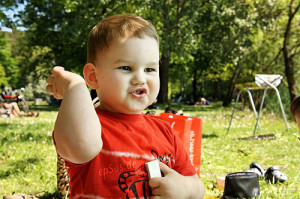
IS IT OKAY TO SEEK HELP FROM A MENTAL HEALTH PROFESSIONAL?
Yesterday, we spoke about how consciously taking care of your emotional health goes a long way in nurturing and strengthening yourself.
Today, we address a slightly deeper issue.
What happens when sometimes, you feel stuck at an impasse? When you know internally that something is not quite okay… that you’re feeling a certain way and you don’t want to continue feeling like that?
You try to resolve it. Yes, it’s good to do that. You’d try and check what’s going wrong; you’d try to correct it.
What happens if still, those stresses or feelings don’t get better? Then what do you do? Turn to friends, family and other people you can trust. This is also good. People who know us act as sounding boards and support us.
But sometimes, even after talking to them, you feel that things are still not okay; like there are some knots that are entangled, and just won’t loosen up.
What then would you do?









